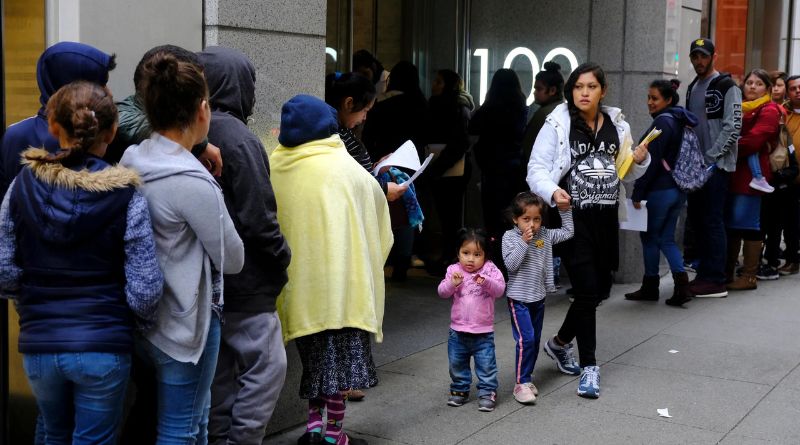In today’s society, certain habits are often associated with lower socioeconomic status and can carry social stigmas. These habits, while not inherently negative, are often perceived as indicators of a person’s economic standing. Let’s delve into seven such habits and explore the societal perceptions surrounding them.
Poor Hygiene

Consistently neglecting personal hygiene, such as infrequent bathing, not brushing teeth, or wearing dirty clothes, can be associated with a lower socioeconomic status. While access to proper hygiene facilities and products may play a role, societal norms dictate cleanliness as a sign of self-respect and social standing.
Loud Public Behavior
Speaking loudly, using profanity in public, or engaging in disruptive behavior can be seen as lacking refinement and manners. In many cultures, maintaining a composed and respectful demeanor in public settings is valued and often associated with higher social status.
Unhealthy Eating Habits
Regularly consuming fast food, excessive sugary drinks, or processed foods can be perceived as a habit associated with lower socioeconomic groups. Access to nutritious and wholesome food options may be limited for individuals with lower incomes, leading to a reliance on cheaper and less nutritious alternatives.
Living in Untidy Spaces

Maintaining a messy, cluttered living space with poor organization and cleanliness can be viewed as a sign of lower socioeconomic status. While factors such as limited space and resources may contribute to this habit, societal norms often equate a tidy living environment with stability and social respectability.
Not Pursuing Education or Self-Improvement
Avoiding further education, skill-building, or personal development opportunities can be seen as a habit that limits social mobility. Education is often regarded as a pathway to upward mobility, and individuals who forego educational pursuits may be perceived as lacking ambition or opportunity.
Overdependence on Subsidized Programs
Relying heavily on government assistance programs without actively seeking ways to improve one’s financial situation is often stigmatized. While these programs serve as vital safety nets for many individuals, prolonged dependence without efforts to achieve self-sufficiency can perpetuate negative stereotypes.
Ignoring Financial Responsibility

Not budgeting, overspending on non-essentials, or consistently being in debt without efforts to improve financial literacy and stability can be viewed as lower-class habits. Responsible financial management is often associated with higher socioeconomic status and is seen as a marker of maturity and self-control.




